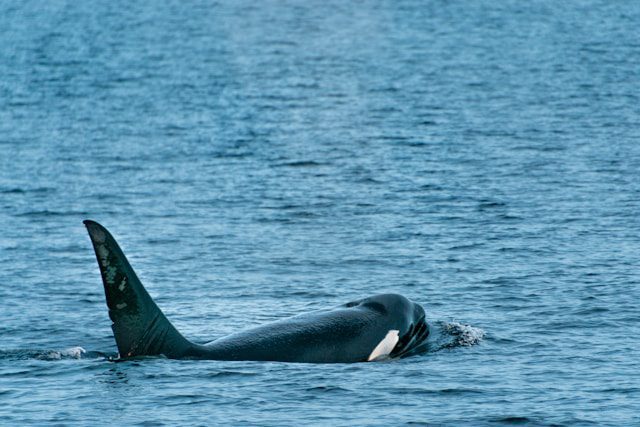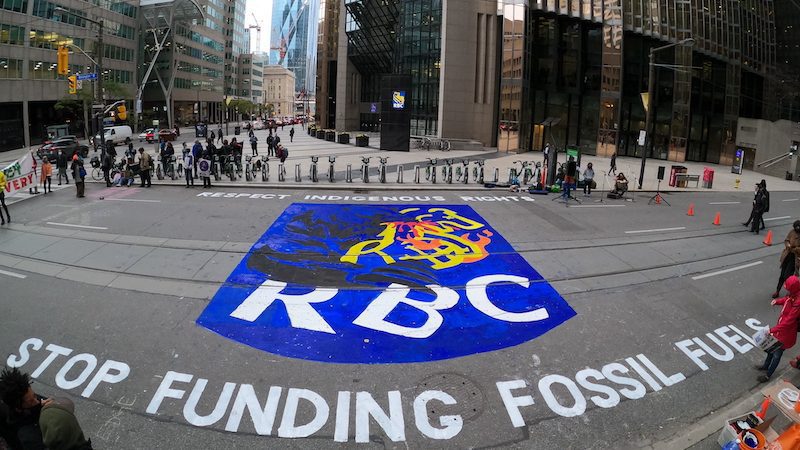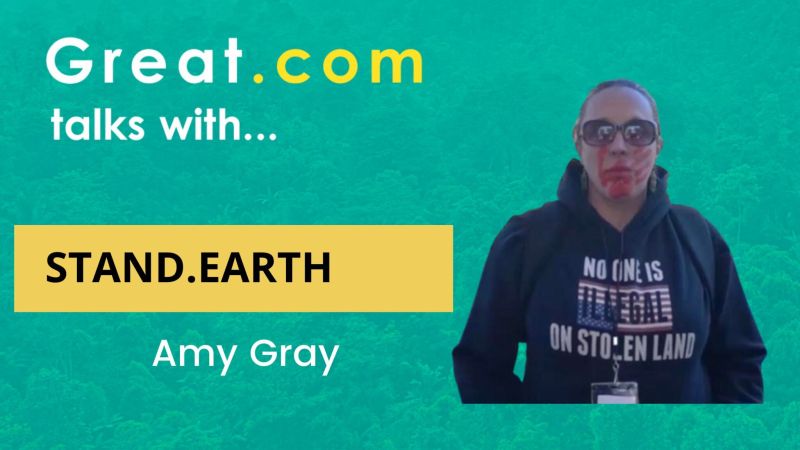COP28: The era of fossil fuels is over
December 19, 2023
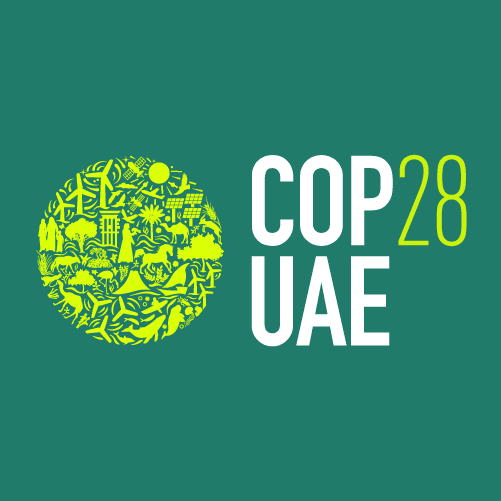
By Liz McDowell, Stand.earth’s Senior Campaigns Director
I’m writing to you from the end of a loooooong two weeks in Dubai, where we’ve just wrapped climate negotiations that were simultaneously historic and inadequate.
Nearly 24 hours into overtime, after negotiators worked through the night to prevent the talks from falling apart, COP28 came to a close by acknowledging that the era of fossil fuels is coming to an end.
And despite the presence of nearly 2,500 fossil fuel lobbyists, we secured a significant victory – the first-ever acknowledgement that fossil fuels are the main cause of climate change and we need to transition away from them in a fair and equitable way, starting this decade. This hard-fought win is thanks to the leadership of climate-vulnerable nations and grassroots movements around the world.
Unfortunately, the outcome was weakened by a myriad of loopholes that enable dangerous distractions like liquefied natural gas (LNG), hydrogen and biomass – also known as burning forests for fuel. And, as usual, rich global north countries (who, we should point out, are responsible for the vast majority of historical climate pollution) were reluctant to cough up the necessary financing for countries in the global south (who are the most impacted by the climate crisis) to transition their economies over to renewable energy.
So no, it’s not the historic moment that we wanted it to be. But at the same time, it represents more progress than we’ve ever seen before and gives us the space to keep fighting for a stronger agreement next year. As we head back home, you’d better believe we’ll be reminding our governments of their COP28 promises to transition away from dirty fossil fuels and invest in a truly equitable global energy future.
Read on to hear more about what happened across some of our campaigns:
Biomass
At COP28, countries agreed to triple renewable energy by 2030. This is great in theory, but in practice, it includes a poisoned pill – burning forests for biomass energy, which actually creates more climate pollution than coal at the smokestack.
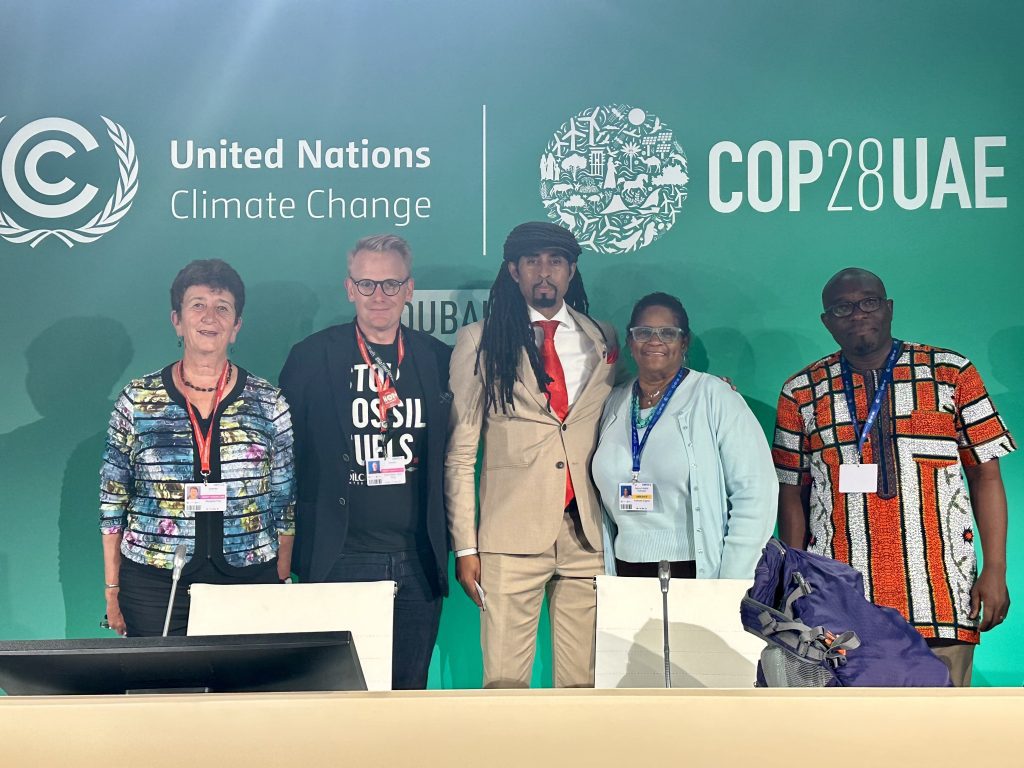
Here in Dubai, our team joined forces with a global coalition of biomass activists to highlight its destructive, unjust impacts and advocate for global climate agreements to recognize the importance of nature and healthy ecosystems. Together, the coalition highlighted stories of horrific forest destruction in Indonesia and illegal land grabs in Togo for biomass plantations, along with testimony from residents of Mississippi who are being poisoned by the pollution from biomass pellet plants.
Right now, countries are cheerleading biomass as part of ‘renewable energy’ plans because of a loophole that lets burning forests be counted as carbon neutral. Until we close this loophole, investments that should go into true renewables like wind and solar energy will instead help energy giants log and burn forests for fuel. Case in point: right now, a full 55% of global ‘renewable’ energy generation comes from biomass energy. ????
We need countries to stop subsidizing dangerous distractions like biomass. Thriving, healthy forests are one of our best protections against climate change – and logging forests to burn for electricity is unforgivable.
Amazonia
Amazonia, home to the world’s largest rainforest, the Amazon, is under threat. To prevent irreversible tipping points, we need to entirely stop deforestation in Amazonia.
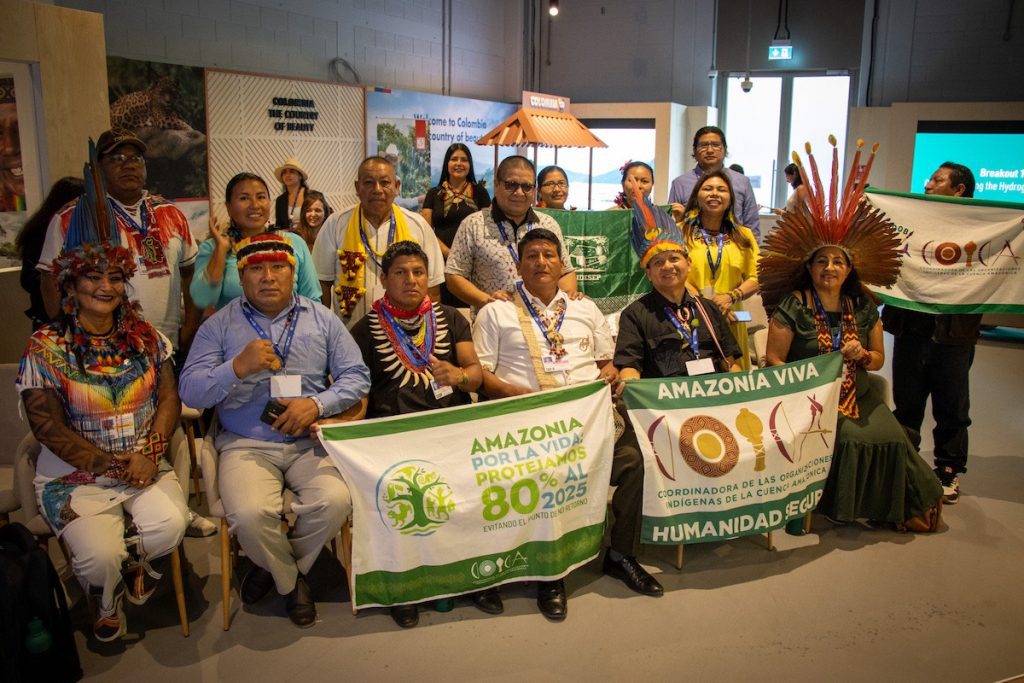
Our team was at COP28 to advocate for the protection of 80% of Amazonia through the 80×25 initiative, which we co-coordinate with COICA (The Coordinating Body of Indigenous Nations in the Amazon Basin). At COP, we celebrated a landmark Amazonia 80×25 endorsement by the government of Colombia (which is already hard at work reducing deforestation) and we laid the groundwork to grow support across Amazonia for this crucial initiative.
In Amazonia and all around the world, Indigenous Peoples have been stewarding healthy, thriving ecosystems since time immemorial and their deep knowledge must be recognized in global agreements and processes like these.
Canada’s climate commitments
We’ve also been closely watching the Canadian government’s moves both inside and alongside the conference. In the initial days, Canada announced plans to cut emissions from methane, an extremely potent greenhouse gas.
A couple of days later, Canada announced its framework to cap emissions from the oil and gas industry. To be honest, the plan isn’t nearly as strong as we’ve been fighting for – it includes unnecessary delays and loopholes that would let polluters pay their way out of compliance – but it’s an important first step and we still have time to make it stronger.
Alongside these policy moves, some familiar faces were part of the Canadian delegation working at cross-purposes: Alberta Premier Danielle Smith (who admitted to promoting oil and gas exports with the UAE during the conference), Saskatchewan Premier Scott Moe (who hosted a whole pavilion dedicated to promoting our ‘clean fuels’) and even former BC Premier-turned-LNG-lobbyist Christy Clark. UGH.
In Canada, we’ll be hard at work encouraging the Canadian government to hold the line in the face of relentless oil and gas lobbying and move forward quickly with a stronger Emissions Cap that’s in place before the next election.
Fashion/IT
Fashion brands were everywhere at COP touting their involvement with the UN Fashion Charter. But beyond an early-stage announcement from H&M and Bestseller to invest in an offshore wind farm in Bangladesh, commitments to transition their supply chains over to renewable energy were notably absent.
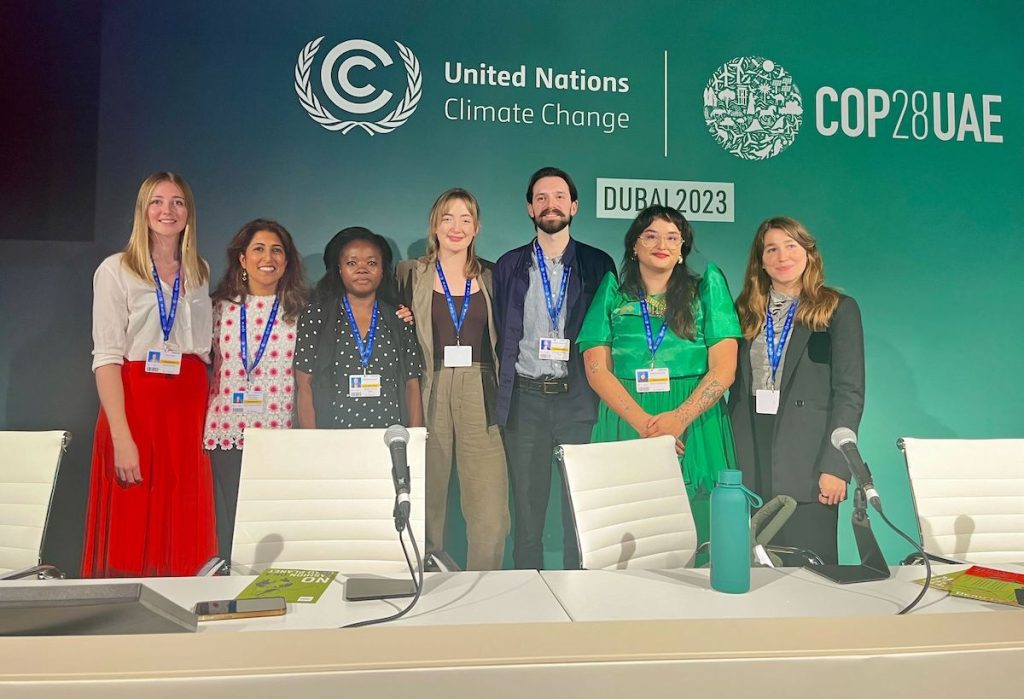
So together with our partners at Oxfam Bangladesh, we launched a call to the 100 UN Fashion Charter members to phase out fossil fuels in their supply chains fairly and transparently. This means taking into account the impacts on workers and manufacturers in the countries that make the world’s clothes and shoes and investing in real energy solutions like electrification rather than dangerous distractions like biomass.
PHEW! If you’ve made it this far, congratulations – you’ve officially conquered the COP28 novel! ????
Friend, in the face of challenges, we’ve proven that change isn’t just a distant possibility, it’s an inevitable reality when we stand together. Thanks a bunch for your steadfast support and for being right there with us every step of the way.

